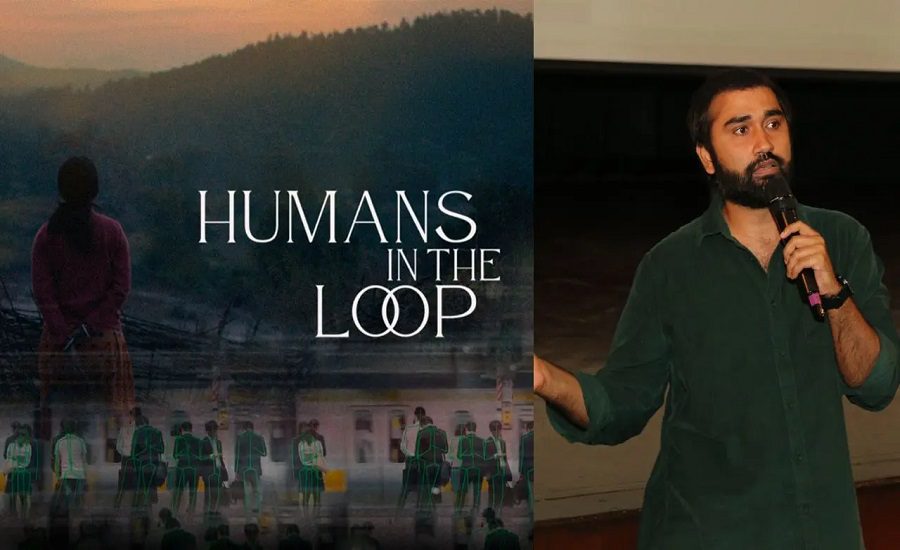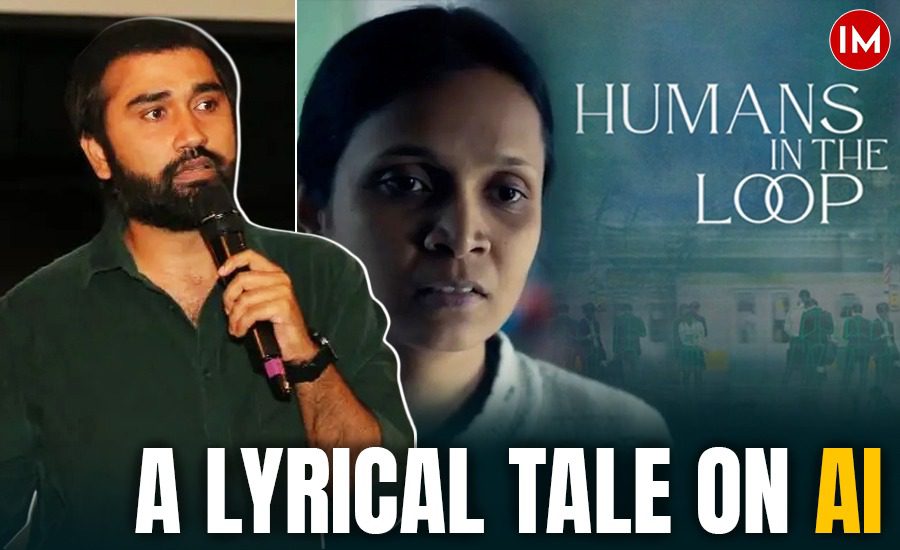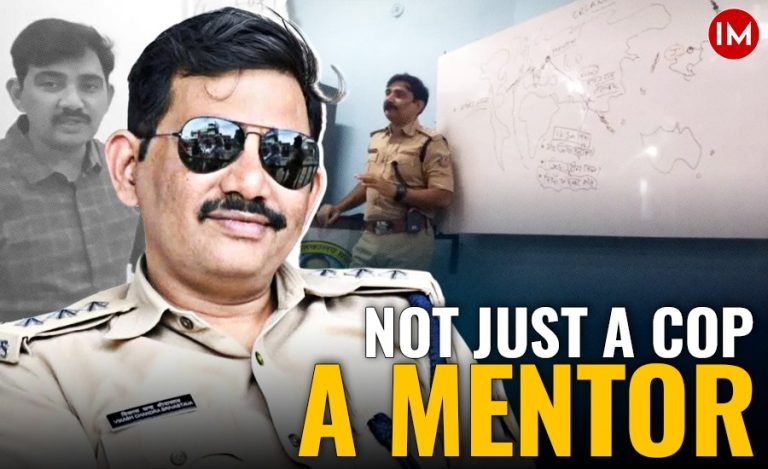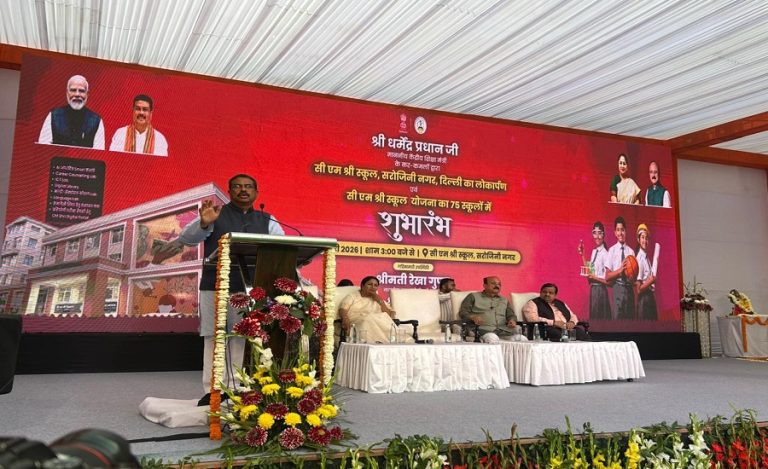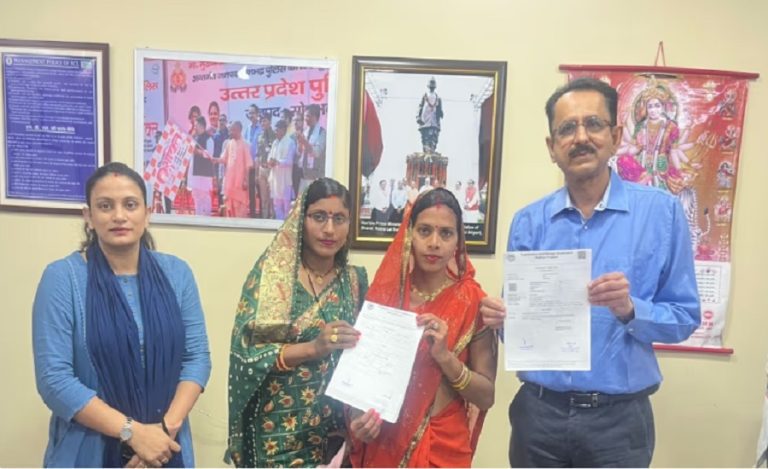Ever thought the result AI would throw when instructed to draw a beautiful Indian tribal woman? Ever wondered whether AI can distinguish between a pest and a beneficial work? Ever thought how AI knows so much, who trains it and how? Aranya Sahay’s Humans in the Loop not only answers all these queries but leaves the audience with many more questions in ethics and ethnicity of AI. This could have been a dry peachy subject but Sahay has woven the technical narrative in a highly emotive story where each dialogue is a plot itself. And some of these dialogues have been delivered in silence, only cinematically.
The film blooms like a rare orchid – a cinematic meditation on the fragile dialogue between tradition and technology, memory and machine. It creates a world of its own in the tender twilight where ancient forests whisper to the winds and glowing screens pulse with cold light of digital machines.
At its heart is an Adivasi mother who, while training artificial intelligence to distinguish turmeric from ginger, worms from pests, is also teaching it something deeper – the wisdom of reverence, of coexistence, of listening to the earth. In her quiet insistence that a worm is not an enemy but a fellow traveler in the cycle of life, she breathes into the machine the poetry of survival. What seems like mechanical labor becomes, in her hands, a hymn to nature and continuity.
Visually, the film is a haunting symphony. The camera lingers with patience, capturing the glow of screens as though they were fireflies against the vast landscapes of Jharkhand. The cool sterility of digital light rubs gently against the warmth of soil, stone, and forest. The images do not rush; they breathe. One can almost hear the pulse of the rocks, the rustle of leaves, the quiet defiance of silence.
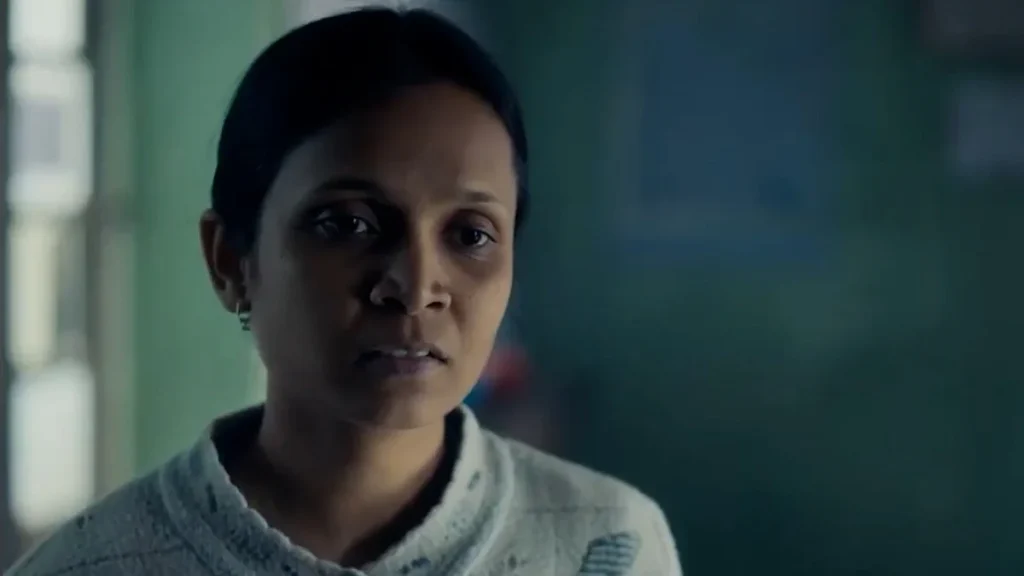
Parallel to this woman’s journey runs the fragile thread of her relationship with her daughter, Dhaanu. Their bond – fractured, tender, searching – echoes the larger story of humanity and its estranged child, technology. Moments of reconciliation shimmer through, like a porcupine’s unexpected presence, reminding us that healing comes in the most unlikely forms.
The film does not preach. Instead, it questions. Who decides what counts as knowledge? Whose gaze shapes the algorithms that increasingly govern our lives? By placing an indigenous woman at the center of this vast narrative, Sahay gently overturns centuries of invisibility, letting her voice rise in quiet dignity. It is a revolution carried not by slogans, but by the smallest gestures – a mother’s touch, a pause before pressing a key, a refusal to erase the sanctity of the worm.
There is both intimacy and grandeur here. The personal story of a mother and daughter unfurls against the immense backdrop of shifting landscapes and evolving machines. Each frame is suffused with care, each silence heavy with meaning. The result is neither documentary nor pure fiction – it is something in between, a dreamlike contemplation, as fragile as a sigh and as urgent as a storm.
Though small in scale, the film carries the weight of something vast. It is a quiet protest against erasure, a lyrical reminder that the future of technology must be seeded with empathy, humility, and respect for all forms of life. It is, above all, a love letter – to mothers, to memory, to the overlooked labor that builds our digital worlds, and to the stubborn resilience of nature itself.
Humans in the Loop does not simply tell a story; it offers an experience. It leaves the viewer with a lingering ache, a sense of wonder, and a question that refuses to fade: if artificial intelligence is to be humanity’s child, will we raise it with the same tenderness and wisdom with which the forest raises its trees?
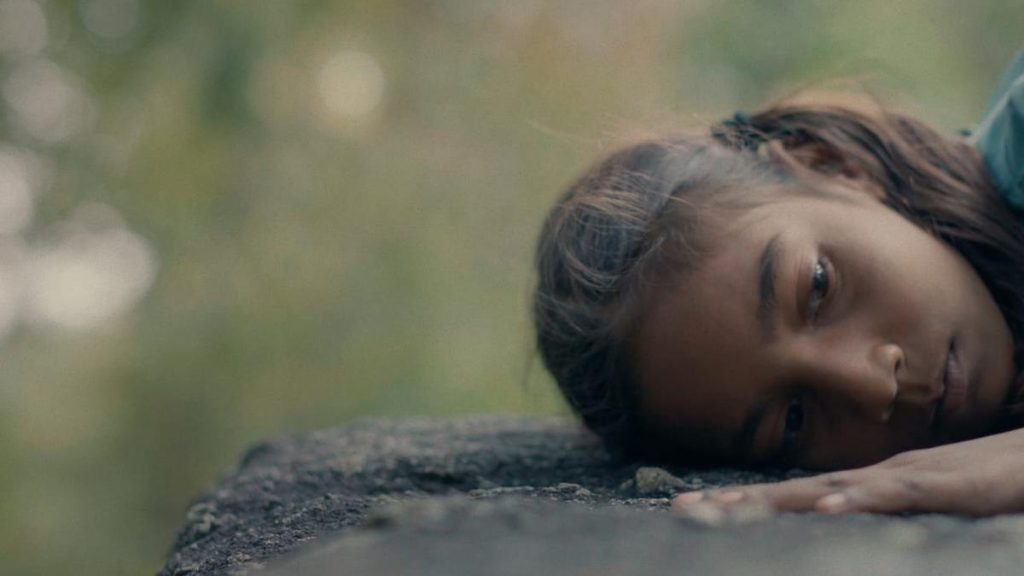
In the end, the film is less about machines and more about us. About the loops of care, continuity, and connection that bind us to one another, to the earth, and now, inevitably, to the technologies we birth. With delicate grace and unwavering honesty, Aranya Sahay gifts us a film that is not just seen, but deeply felt.
No wonder the audience at its special screening in Unesco auditorium on September 6, was spellbound, some even in tears. No wonder that an acclaimed filmmaker like Kiran Rao came on board as Executive Producer besides of course Biju Toppo, a tribal film maker. Its Aranya Sahay’s debut in films and it is just a glimpse of his sensitivity and capability.
